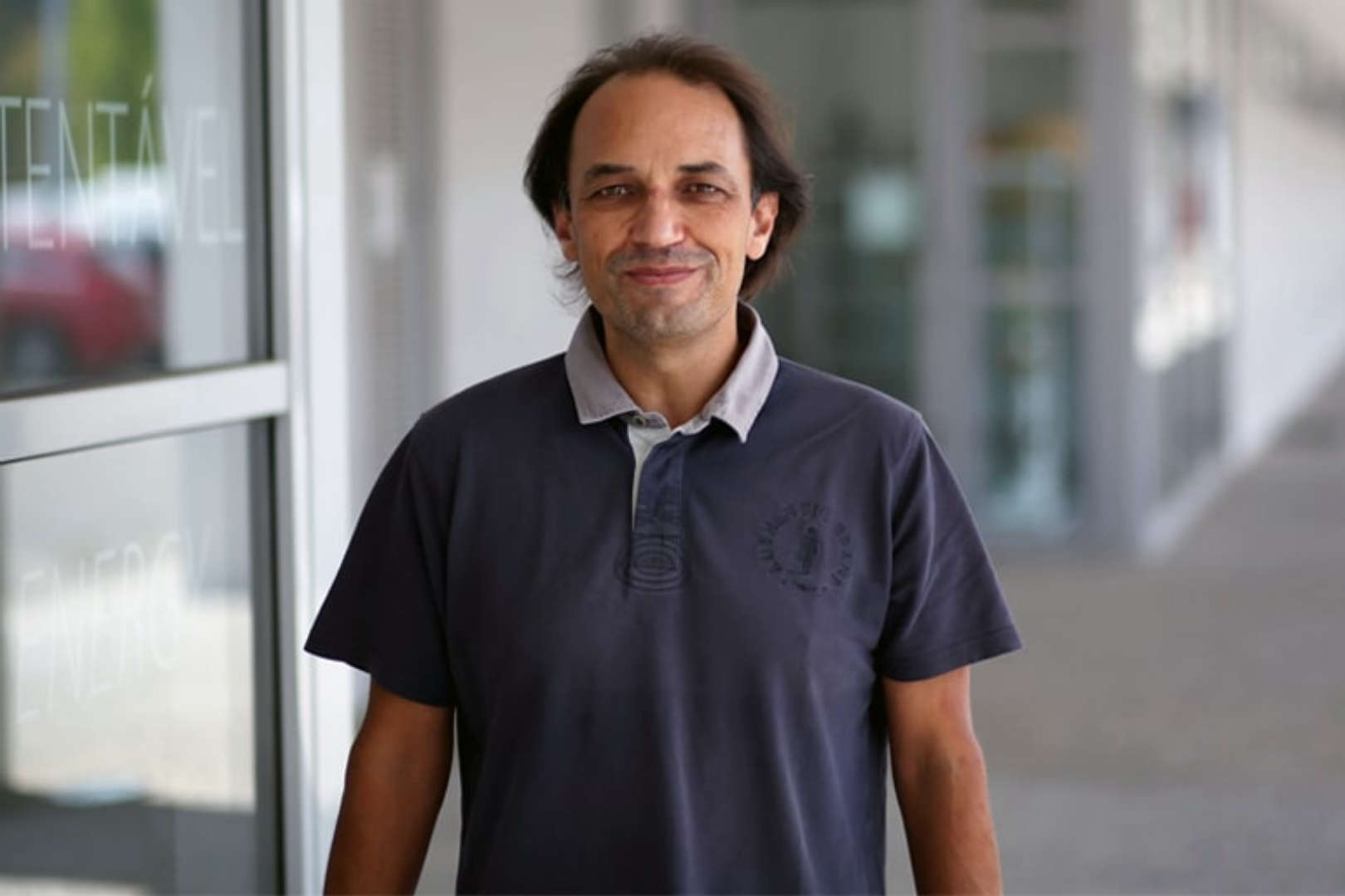About
Leonel Morgado is Full Professor at the Portuguese Open University (Universidade Aberta), where he lectures on research methods and programming, and a Senior Researcher at INESC TEC, being the coordinator of the INESC TEC Nucleus at Universidade Aberta. He is also Standards Liaison Co-Chair of the IEEE Education Society Technical Committee on Immersive Learning Environments, and Member of the Steering Committee and of the Circle of Scholars of the Immersive Learning Research Network. His main research interest is the use and development of immersive learning environments, which he pursues since 2000. He authored over two hundred papers, in journals, conferences, and as book chapters, having successfully supervised over ten doctoral theses and over thirty master dissertations. He led and participated in multiple research projects, funded by partners from industry, civil society, national government, and the European Union. Before pursuing an academic career, he was business and technical manager of a hardware import, distribution, and retail company, terminologist for the localization teams of Microsoft Office 97 and Oracle InterOffice, created a company for technical translations and software localization, was language quality specialist for IBM/Lotus, a coordinator of a Web development team for museums and heritage sites, of a software deployment team for nation-wide surgery waiting list management, and manager of a cooperative extension team fighting the digital divide in rural villages.


